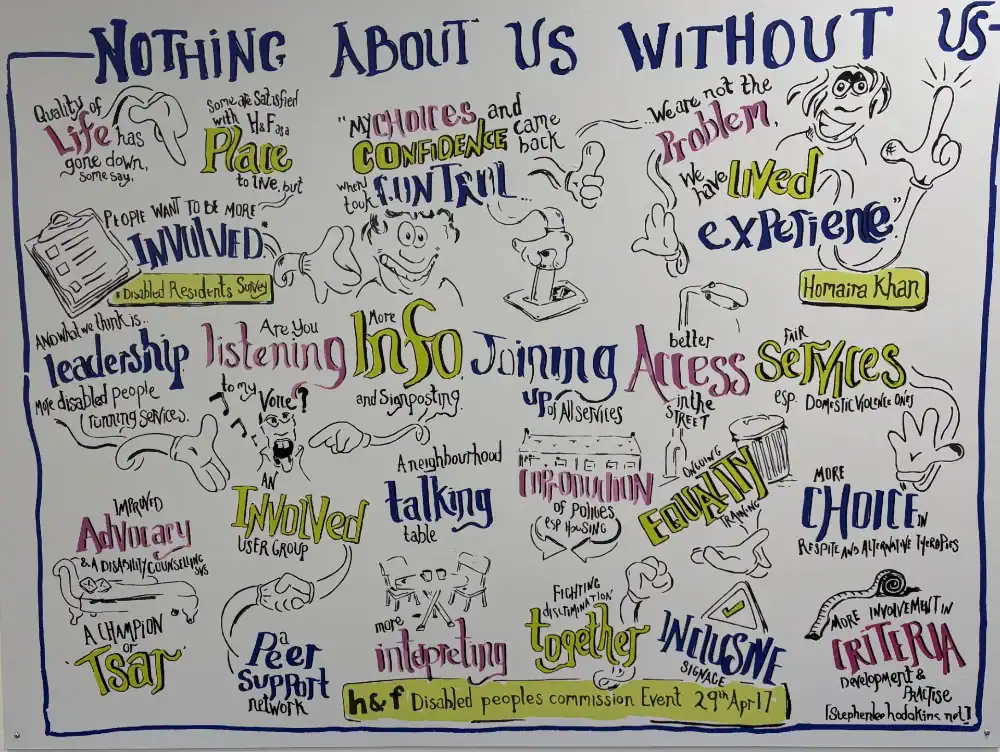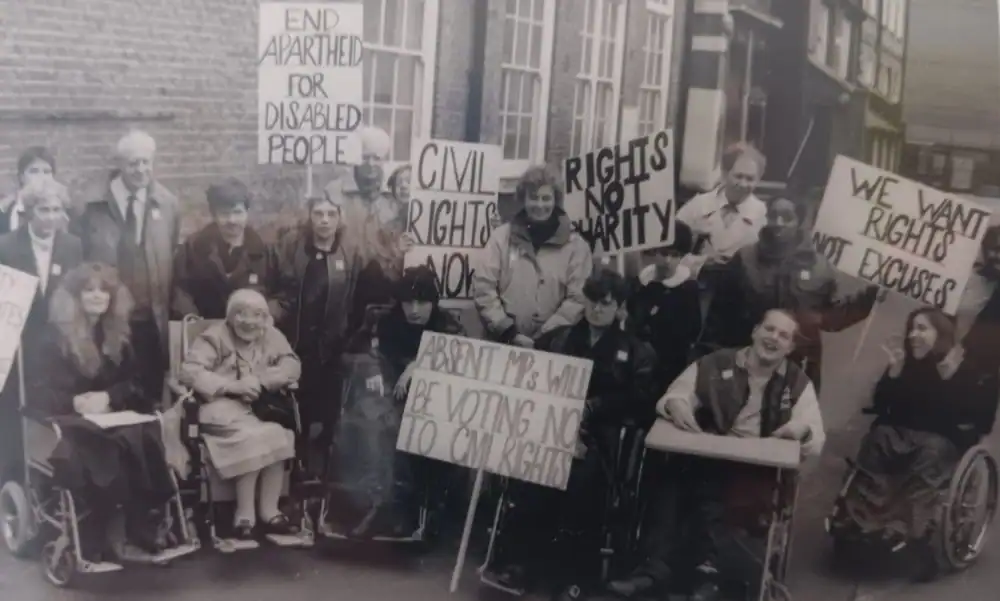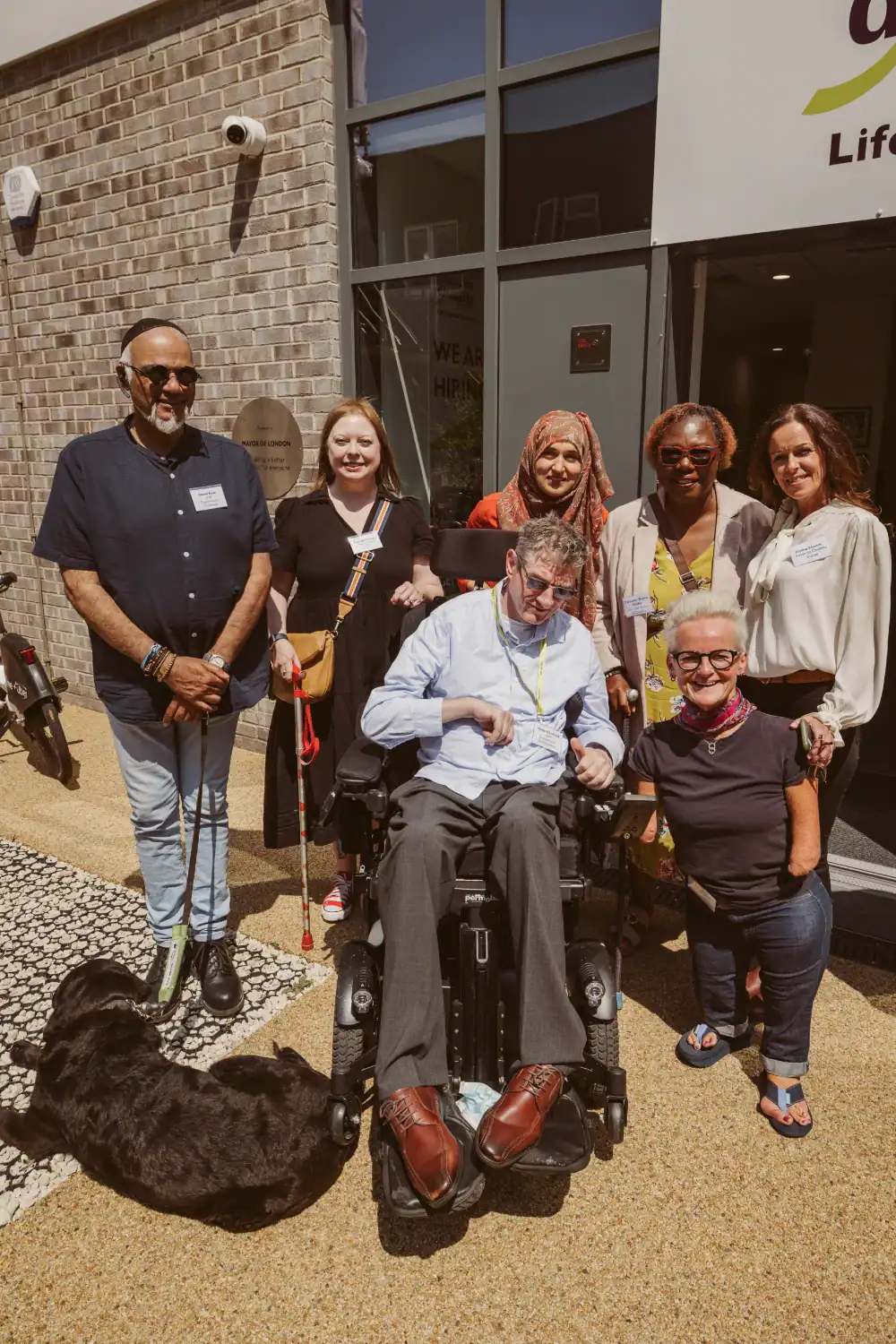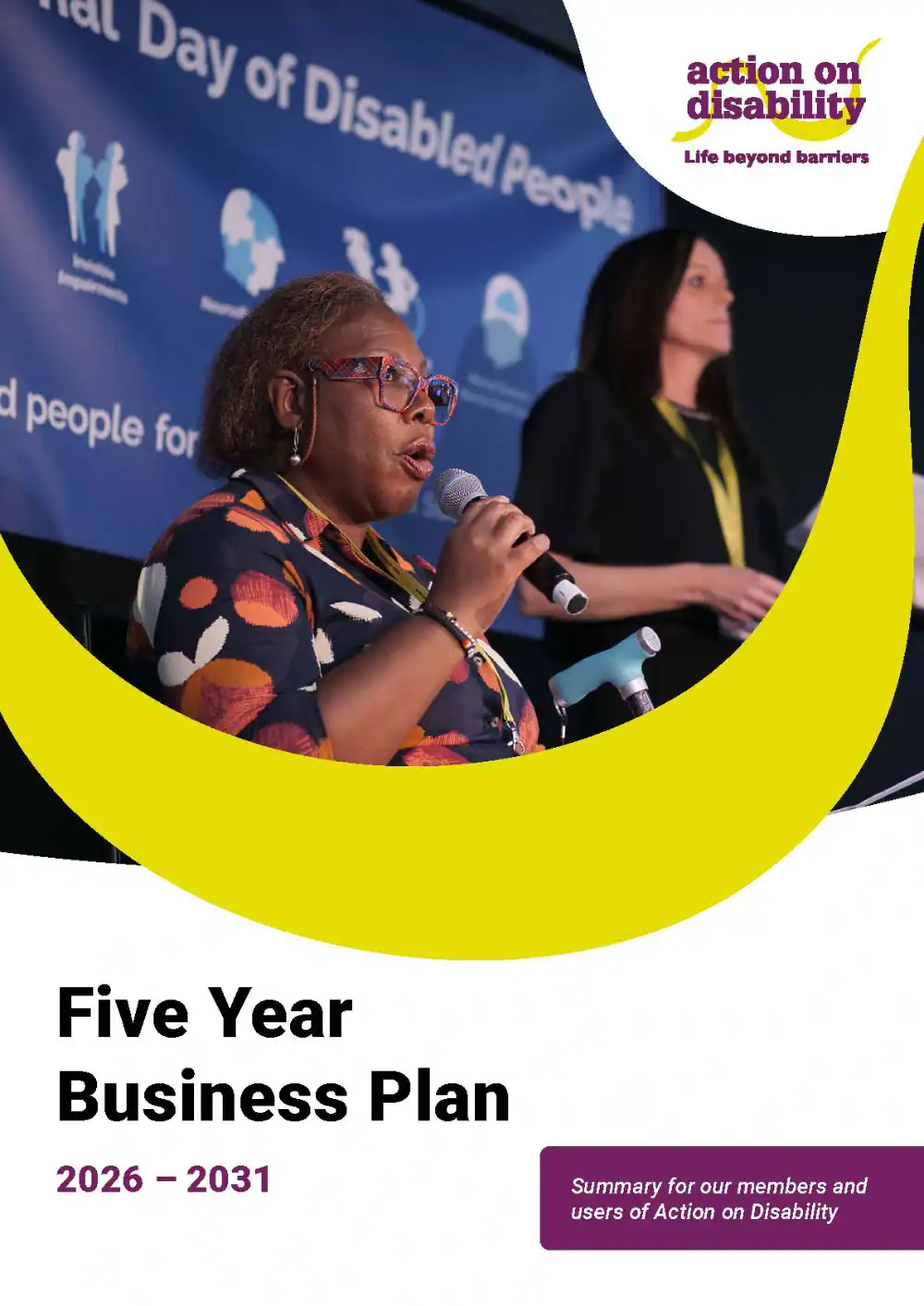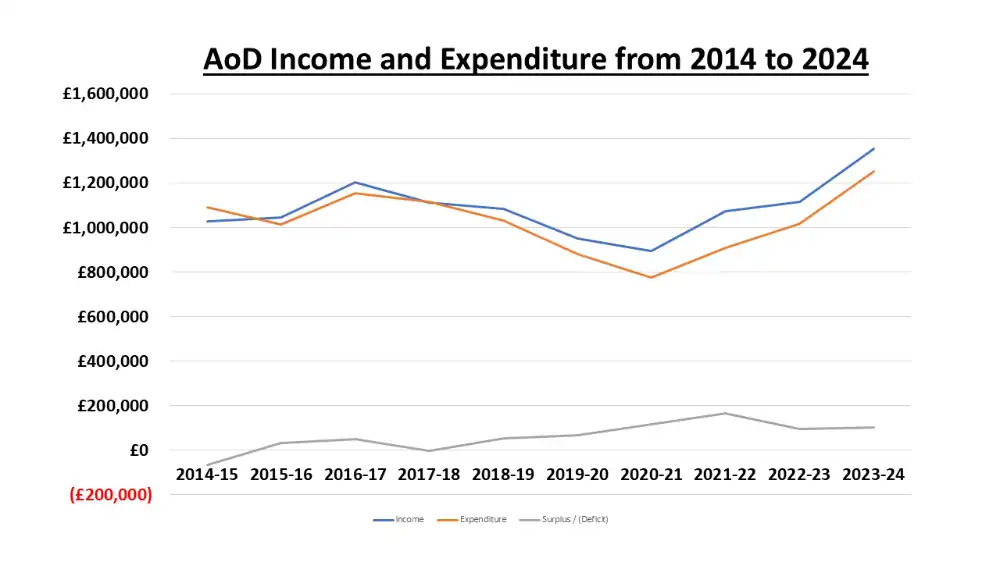Who Benefits from Our Work
- Disabled adults – over 4,500 supported annually with advice, advocacy, independent living and employment support.
- Disabled young people & families – 170 supported each year through youth services, leadership opportunities, and transition to adulthood.
- DDPOs & community organisations – collaboration, shared campaigns, and use of our accessible facilities.
- Commissioners and funders – measurable improvements in health, social care, and community outcomes.
The World We Work Within
- Challenges – policy uncertainty, cost-of-living crisis, rising demand, digital exclusion, fragmented services, and poor employment support.
- Opportunities – strong partnership with local Councils, increasing commitment from funders, advances in accessible technology, and growing influence through collaboration.
Our Strengths
- 45-year track record and strong reputation.
- Disabled-led: 100% Trustees and over half of staff.
- One of London’s largest DDPOs with £1.4m+ income.
- Theory of Change framework.
- Centre for Independent Living, accessible premises with long-term lease.
Our Weaknesses
- Limited capacity for organisational development.
- Outdated hybrid working and internal comms.
- Weak marketing and impact measurement systems.
- Gaps in business development and income diversification.
Local Priorities (from Disabled residents)
- Reliable access to Personal Assistants (PAs).
- Protecting free home care.
- More personalised care assessments.
- Better street access and public spaces.
- Accessible information that is clear and reliable.
- Stronger support for transition from children’s to adult services.
- Opportunities to influence decisions and lead change.
Year One Priorities (2026–27)
- Develop a new communications strategy and recruit a Comms Officer.
- Improve membership and engagement systems.
- Compete for local advocacy tender.
- Expand In-Work Support Service (£600k projected income by 2030).
- Redesign Supported Internships for stronger outcomes.
- Improve advice and advocacy beyond welfare benefits.
- Broaden youth services to wider impairment groups.
- Recruit more reception/admin staff and improve car park safety.
Years Two to Five Priorities (2027–31)
- Deliver accredited Co-production training and leadership programmes.
- Expand advice services to more boroughs.
- Develop access to legal advice and new children’s services.
- Establish Disabled-led accessibility audits.
- Implement Social Return on Investment models.
Fundraising and Sustainability
- New Fundraising Co-ordinator role.
- Income Generation Team: CEO, budget holders, Fundraising lead.
- Diversified income: trusts, tenders, donations, events, sponsorship, legacies.
- Goal: unrestricted reserves covering at least 3 months’ costs by 2031.
Governance and Risk
- 100% Disabled Trustees; aim to recruit Treasurer and diversify skills.
- Quarterly delivery/risk reports; annual review of Risk Register.
- Strengthened safeguarding with trained leads and Salesforce reporting.
- Clear reserves policy and full cost recovery approach.
- Risks include reliance on local authority funding, limited campaigns capacity, and small reserves.
Get Involved
- Share your feedback on our plan.
- Join as a member or supporter of AoD.
- Support our campaigns and co-production.
- Donate, volunteer, or sponsor an event.
Download the full 5-Year Business Plan (PDF and accessible formats)
